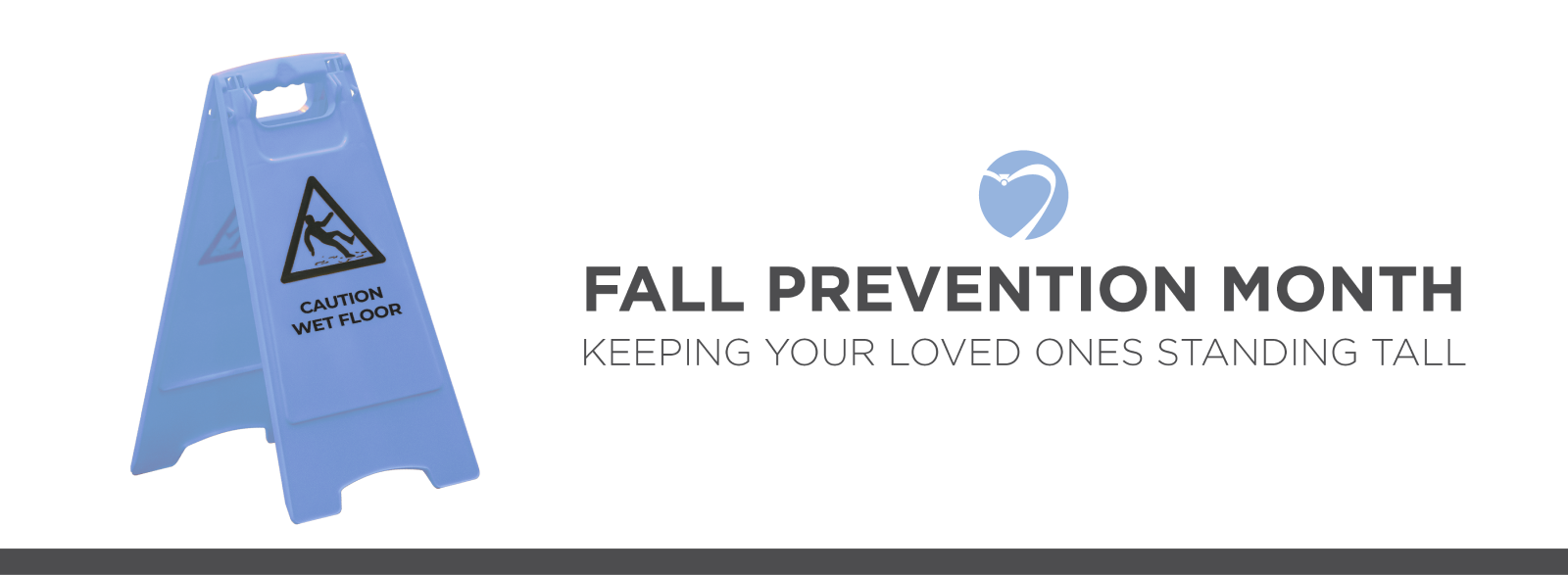Our Blog
Keep Up With What's Happening!
.png)

contact us to speak directly to a care team expert:

Aging Globally
The World Health Organization (WHO) has long been a driving force in the global community. This essential organization advises on outbreaks such as Zika and Ebola, alerts the world to upcoming endemics, and offers guidance to nations about how to improve their public health programs. This year, the WHO has chosen to focus on a public health issue that will affect every nation on earth: the growth of the aging population.
The WHO has created a program, 21st Century Longevity, that outlines a series of goals for the coming years. The organization is calling for a commitment to creating healthy aging programs in every country. Among the goals of these programs are to develop age-friendly environments for seniors; to align health systems to accommodate the needs of older citizens; to ensure sustainable long-term care systems; and to improve the monitoring of the aging population while researching further ways to promote and maintain healthy aging. These goals would require large resource commitments from nations around the globe, but they would ultimately lead to a healthier, happier global community.
To develop elder-friendly environments, countries like the U.S., for instance, would have to work on their public transportation and accessibility infrastructures; seniors in the U.S. can often become isolated when they can no longer drive. The WHO’s goal is to create nations where seniors can easily experience and enjoy their communities, interacting with those around them even if they don’t have a driver’s license.
Developing a senior-oriented health care system is another excellent goal, as senior health care will become even more of a national issue in the coming years. Focusing on developing technologies that will aid seniors with wellness checks, medication management, and mobility issues are excellent ways to get seniors their necessary and appropriate care.
Whether you’re a senior or are providing care for a senior, it is clear that the offer of these crucial solutions for seniors’ health care cannot be ignored. The senior population will increase dramatically in the next 20 years, and we as a global community need to be prepared.


.png)












